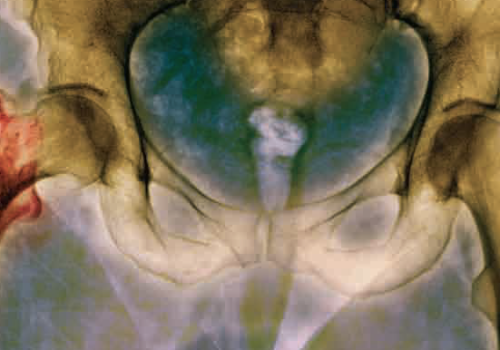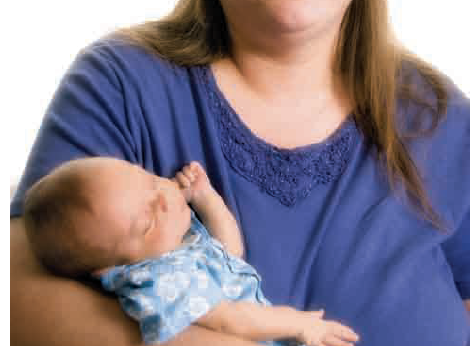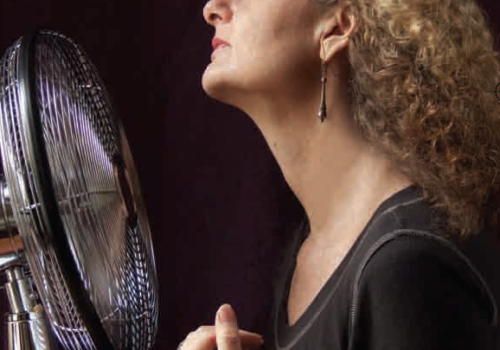In the UK it is thought that at least 3,000 children are being sexually exploited. All professionals, including GPs and practice nurses, in regular contact with children and young people are in a good position to notice possible signs of sexual exploitation, and help to mitigate its serious long-term consequences for young people and their families.
The window of opportunity in rheumatoid arthritis
Over twice as many women as men develop rheumatoid arthritis (RA), an inflammatory disease that causes disability and shortens life. Early RA can be difficult to diagnose but, by following a diagnostic pathway, GPs and practice nurses can ensure that patients receive timely referral and prompt treatment with disease-modifying drugs.
Now is the time to enter the Forum’s Best Practice Award
In the last issue we announced the Primary Care Women’s Health Forum’s ‘Promoting Best Practice for Women in Primary Care Award’. I’m delighted to launch the Award, and give you the details on how to enter your projects and initiatives.
All about fibroids
Supporting women with premature menopause
Premature menopause (PM) is an emotionally challenging condition on diagnosis and throughout the remaining phases of a woman’s life. But GPs and practice nurses can do much to reduce distress by ensuring prompt diagnosis and referral for psychological support as well as medical treatment.
Editorial
This is always a very busy time and practices look set to be under even more pressure this year. But, while pandemic flu is back on the agenda, women are continuing to consult us about their other health problems and concerns. So, we’ve done our best to give you the practical information that will help you to manage the health of your female patients.
Personalising the pill: the right choice for each woman
The combined oral contraceptive Pill (COCP) has been in regular use since the 1960s and is now the most popular method of hormonal contraception for women in the UK. There is a COCP to suit most women but long-term adherence depends on each woman being aware of her options and having the ability to make an informed choice of Pill.
Breaking new ground in osteoporosis
Although current treatments for osteoporosis are effective, long-term adherence is often disappointing. But the management of osteoporosis is changing. New bisphosphonate formulations already offer more convenient dosing. And it is important to know about other new and emerging approaches that look set to offer a wider choice of therapy for women with post-menopausal osteoporosis.
Weighty matters: obesity, fertility and pregnancy
In the UK about half of women of reproductive age are either overweight or obese. Obesity is known to adversely affect female fertility, as well as the health of mothers and their children. But even modest weight loss can restore fertility and improve a woman’s chances of a successful pregnancy.
Facing the flush: supporting women during perimenopause
The menopause is an inevitable event in the lives of all women. For some, it is very positive, ending menstruation, the need for contraception and the threat of unwanted pregnancy. But for others, it is a time of unpredictable hormone activity, and troublesome and unpleasant symptoms that seriously compromise quality of life. This article discusses the options available to women to manage their health and well-being during the menopausal transition or perimenopause.
Urinary incontinence: careful assessment is key to successful treatment
Urinary incontinence (UI) – the complaint of any involuntary leakage of urine – is common and affects women of all ages. Most patients present in primary care, and require a thorough initial assessment to ensure that they receive appropriate treatment and, where necessary, referral.
Establishing a sexual health service for young people
Learning about sex is an essential part of growing up, but it can be difficult for teenagers to find the advice and support that they need. The authors provide a guide to setting up a primary care service tailored to young people’s sexual health needs.
























